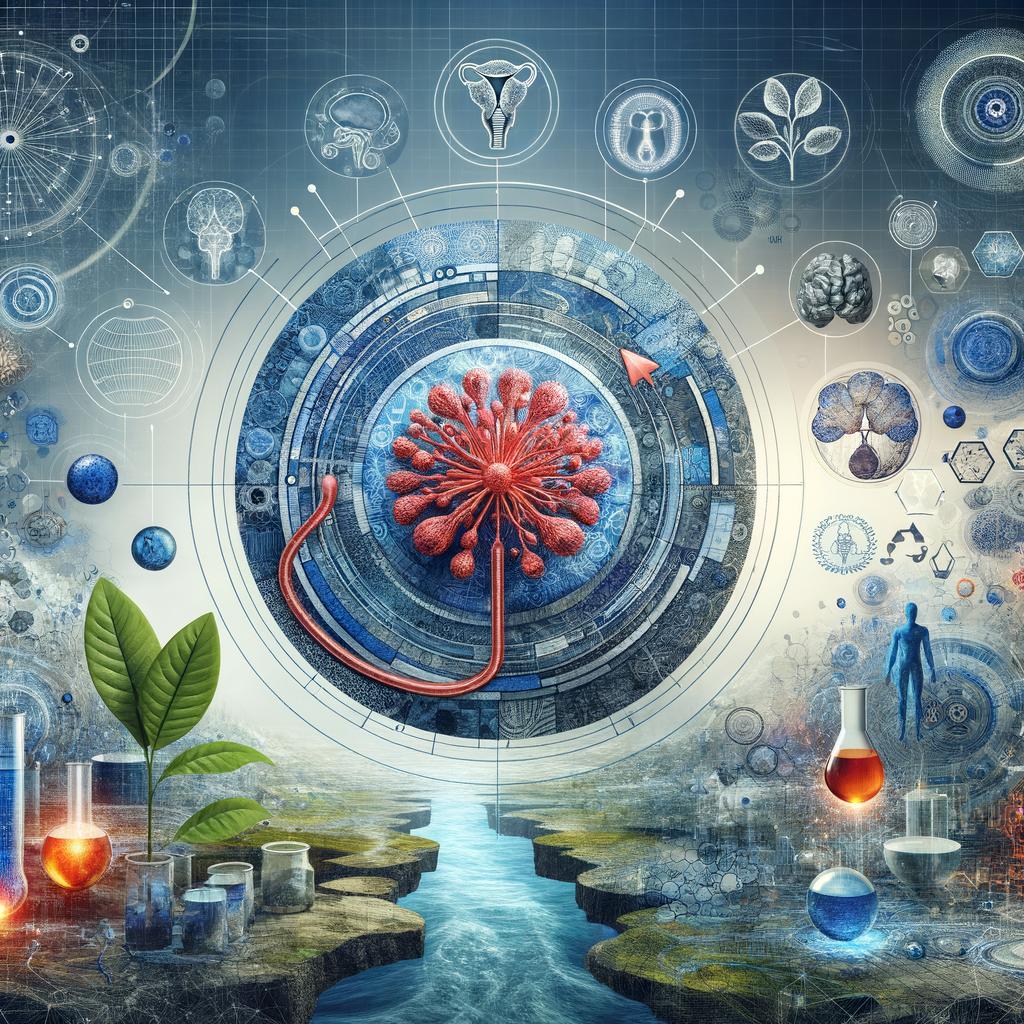Introduction to What Stops Frequent Urination?
What stops frequent urination? The antidote for the relentless restlessness brought on by repeated relief-seeking bathroom breaks lies in understanding and managing the underlying causes. A myriad of factors may be at play, from lifestyle choices to specific medical conditions. This article will delve deeper into the phenomenon of frequent urination, exploring its causes, as well as strategies and remedies to help manage it. We’ll delve into common triggers, preventative measures, and remedies, thus setting the stage for an informative exploration of this rather pervasive problem.
Unveiling the Underlying Causes
Frequent urination can create a wave of woe if not carefully managed. Some prevalent causes include excessive consumption of caffeine or alcohol, bladder conditions such as urinary tract infections, and chronic conditions like diabetes and overactive bladder. Most importantly, prostate gland issues, especially in men of a more mature age, have a significant role to play.
Prostate Problems and Peeing Prolifically
A crucial culprit in frequent urination in men is the prostate gland. This puny powerhouse nestled near the bladder goes about its unassuming duties until it decides to make a fuss. An enlarged prostate tends to congest the bladder’s space, leaving you perpetually primed for a pee.
Preventing the Repeated Calls of Nature
Indeed, every cloud has a silver lining. Frequent urination, though a nuisance, is usually manageable. Lifestyle modifications, such as regulating fluid intake, minimizing caffeine and alcohol consumption, and regular exercise can make a world of difference. Not to forget certain dietary changes that can potentially put a plug in this persistent problem.
Less Liquid, Fewer Loo Trips
While staying hydrated is a cornerstone of good health, gulping gallons of fluids can trigger frequent bathroom visits. Limiting your liquid intake, especially before bedtime, promises fewer and far between urinary interruptions.
Treatment Options for Taming the Urge
Should lifestyle modifications prove inadequate, medical treatment is available. Depending upon the root cause, physicians may prescribe medications, physical therapy, or even, in more severe cases, surgical intervention. For prostate-induced problems, medications like Alpha Blockers can put a brake on the ever-so-urgent bathroom breaks.
Prostate Posers – Putting Surgery in the Spotlight
Returning to the prostate, surgical intervention may be required if the condition is severe. Surgery, though a serious step, can offer significant relief to those grappling with prostate-induced urinary issues. However, it’s a route to tread cautiously, fully appraised of potential risks and benefits.
Conclusion: Turning a Tidal Wave into a Trickle
So, what stops frequent urination? A balanced blend of lifestyle modifications, careful management of underlying conditions, potential medication, and, in more extreme cases, surgical intervention. With an informed approach and professional guidance, you can reign in the restive reins of repeating restroom runs and continue to enjoy life’s journey- without unwanted bathroom pit-stops!
Frequently Asked Questions
1. Can stress cause frequent urination?
Yes, stress can indeed trigger frequent urination. Anxiety can stimulate the nerves that control bladder function, leading to increased urination.
2. How many times is normal to urinate in a day?
Typically, it is normal for healthy adults to urinate between four to eight times in a day.
3. What foods cause you to urinate frequently?
Food and drinks that contain caffeine or alcohol can cause increased urination. Similarly, spicy and acidic foods can irritate the bladder, leading to frequent urination.
4. Can exercise reduce frequent urination?
Yes, pelvic floor exercises can help strengthen the urinary muscles and reduce symptoms of overactive bladder, thereby lessening the frequency of urination.
5. Can enlarged prostate cause frequent urination?
Indeed, an enlarged prostate can impinge on the urethra, which can cause frequent and urgent needs to urinate, especially at night.


